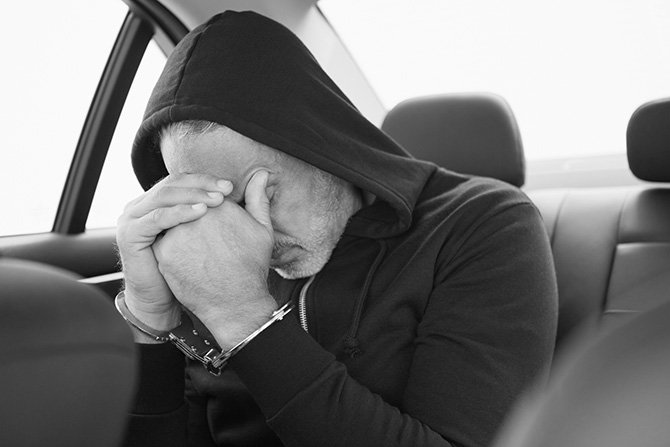The first thing you could and should do is to disengage.
Your relationship may or may not be over. You may or may not be able to work it out. You may or may not be able to get through this difficult time to become a stronger family or couple. But, now is not the time for reconciliation. Now is not the time for contrition. Now is not the time to ask for forgiveness.
Right now is the time you need to call someone like me. Right now you need good and professional advice. Right now you need to have a better understanding of what it is you are facing.
“Probable Cause” is all an officer needs, in terms of evidence, to arrest and charge you with a crime. That’s not a lot of evidence. In many cases it amounts to nothing more than the bare accusation of a complainant.
So, the bad news is that it doesn’t take much for you to be arrested. The good news is that is often how I beat these cases—by finding out and understanding all of the details of the case—not just those that appear to amount to probable cause—that get overlooked or ignored by law enforcement.
Initially, the first thing you can and must do is to abide by the terms of any restraining order or order of protection issued by the court. Depending on your specific circumstances, some orders of protection can be modified (e.g. allowing you to go home during the pendency of a Magistrate’s Order for Emergency Protection, etc.). Either way, if you are accused or found to be in violation of any such order you are likely to be re-arrested, charged with a new offense, and denied bail while your case is pending. So, be careful and be sure you understand any document that is given to you by the court.
Beyond that the best thing you can do is to hire a lawyer and then help your lawyer understand the whole story. Few fights are entirely one-sided. Most fights begin with some kind of mistake or misunderstanding. And, few fights are the result of a single flashpoint. In other words, in most situations there is some kind of build-up to the ultimate fight. Additionally, the sequence of events exactly as they occurred at the time of the alleged assault is critical. If you were involved in an altercation and were not the first aggressor—even if the complainant is female—it is likely you did not commit an assault.
If you have evidence in your email or your phone or your social media that can be printed and saved and used to tell the whole story, keep it. And, you should continue to collect that kind of evidence while you are out on bond.
If your complainant calls—don’t answer. Let them leave a message. Save it. It could be evidence that proves you’re not guilty. Unless a phone call is recorded there is no way to prove what was said.
